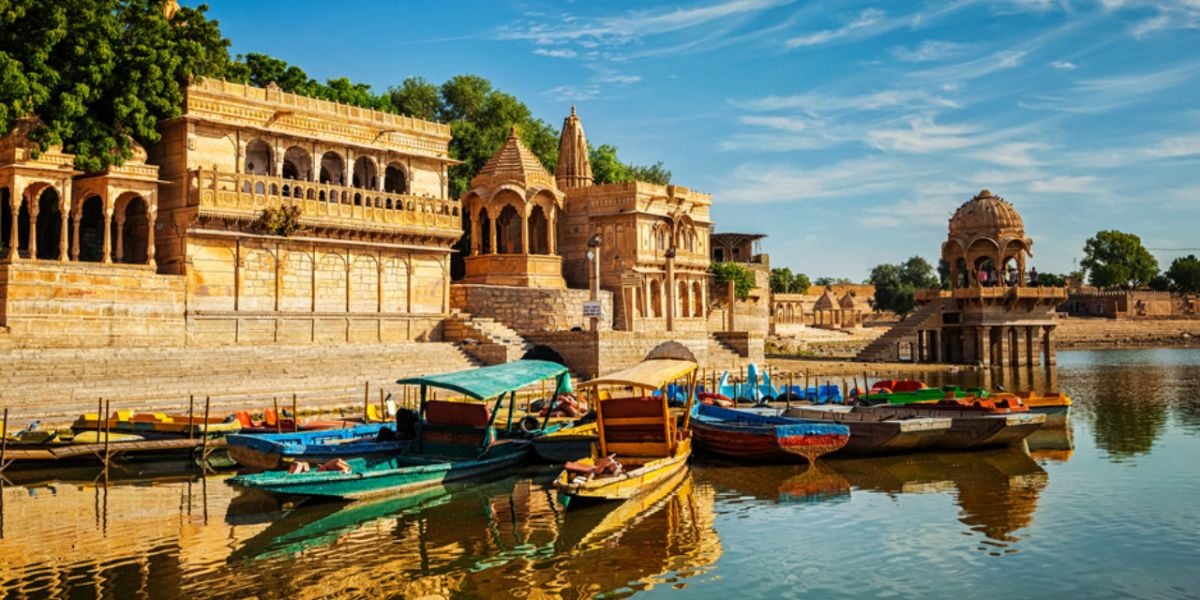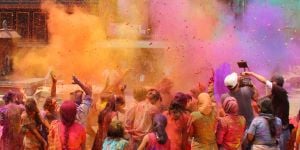
If you are planning to relocate to India, its healthcare system will be one of your prime concerns. There are several healthcare centres in India, including private and public hospitals and clinics. The quality of services may vary from one place to another. In major cities like Mumbai, Bengaluru, Delhi etc., it is easier and convenient for expats to find well-qualified practitioners and access to quality healthcare services.
Health insurance in India
It is highly recommended for all expats moving to India to subscribe to health insurance coverage. In most cases, expats working in India get insurance coverage sponsored by their employer, but it's important to know that some policies may cover only specific hospitals and in some cases only specific health issues.
For a comprehensive coverage, you might have to pay some extra amount. Moreover, there are certain international insurance providers that are not recognised by Indian hospitals. In such cases, you will have to pay from your pocket. Later you can get the amount reimbursed by the insurer provided you show all the required documents.
Healthcare system
India is one of the biggest economies of the world, with a huge population but the healthcare system of the country does not meet the standards of a developed nation. In fact, only a very small percentage of the total Gross Domestic Product is allotted to the Health sector.
Moreover, due to the lack of funds and dearth of qualified doctors, there are several non-accredited clinics and health centres that are run by unqualified doctors, posing health threats. The situation is grim in smaller town and villages. Several imposters posing as doctors treat and give medication to patients without a proper prescription. However, the major cities have some of the most reputed hospitals, public as well as private, equipped with all the modern equipment and facilities.
Vaccination
Expats from different countries have varying levels of immunity to some of the common diseases found in India. Hence, before coming here it is highly preferable to receive the necessary vaccines in order to prevent any potential illnesses. Some of the diseases against which you need immunisation include measles, mumps, rubella, polio, diphtheria, tetanus and pertussis. You are also recommended to get vaccinated against hepatitis A and B, typhoid, rabies and Japanese encephalitis if your travel itinerary in India requires to come in contact with patients infected with these diseases.
You are required to have a health certificate specifying that you are not suffering from any communicable disease, including HIV, on your arrival in India.
The government of India requires proof of yellow fever vaccination only if you are coming from a country with risk of yellow fever. You may check this list of countries with risk of yellow fever virus (YFV) transmission to see if you may be required to get the yellow fever vaccine.
If you are staying in New Delhi, you are advised to get vaccinated against some of the diseases that have affected the city of late, namely, Chikungunya, Avian Influenza and Dengue Fever.
Health risks in India
In some of the major cities like Delhi, Mumbai and Bangalore, there are chances of respiratory problems due to high traffic congestion and increased level of pollutants. People sensitive to dust and pollution are likely to suffer from pain and inflammation of the respiratory tract, irritation of the eyes, coughing etc.. Hence, you are advised to avoid congested and polluted places. In case of any problem consult a doctor without any delay.
Due to the lack of proper sanitation facilities, some regions are subjected to several contagious diseases. There are some contagious diseases that occur due to mosquito bites, like dengue and chikungunya. These are transmitted through mosquito bites. You are hence advised to see a doctor in case of symptoms such as fever and pain. Use mosquito repellents or electric diffusers in order to keep mosquitos away.
Take necessary precautions as and when required against any other epidemic that you may encounter while you stay in India.
Important tips
- Keep your hands clean. Wash them regularly with soap and water or with anti-microbial gels or solutions.
- Avoid drinking tap water. Use sealed mineral water bottles; they are safer.
- Consider wearing masks when passing through highly polluted regions, especially if you are allergic to pollutants or dust.
- Do not caress stray animals, especially dogs.
- While preparing dishes like meat or seafood meals, make sure the items are cooked properly before consumption.
Useful links:
Ministry of Health and Family Welfare
MedIndia - Directory of hospitals in India
We do our best to provide accurate and up to date information. However, if you have noticed any inaccuracies in this article, please let us know in the comments section below.











